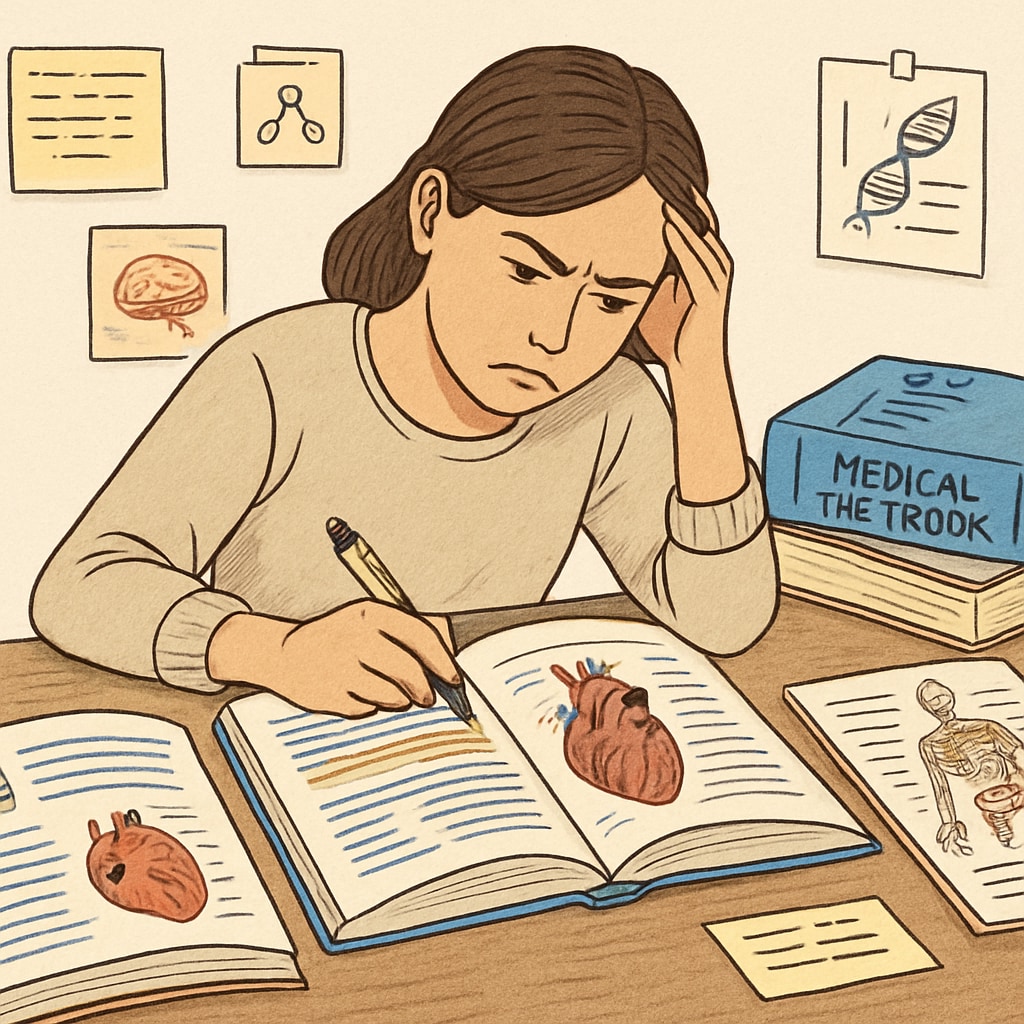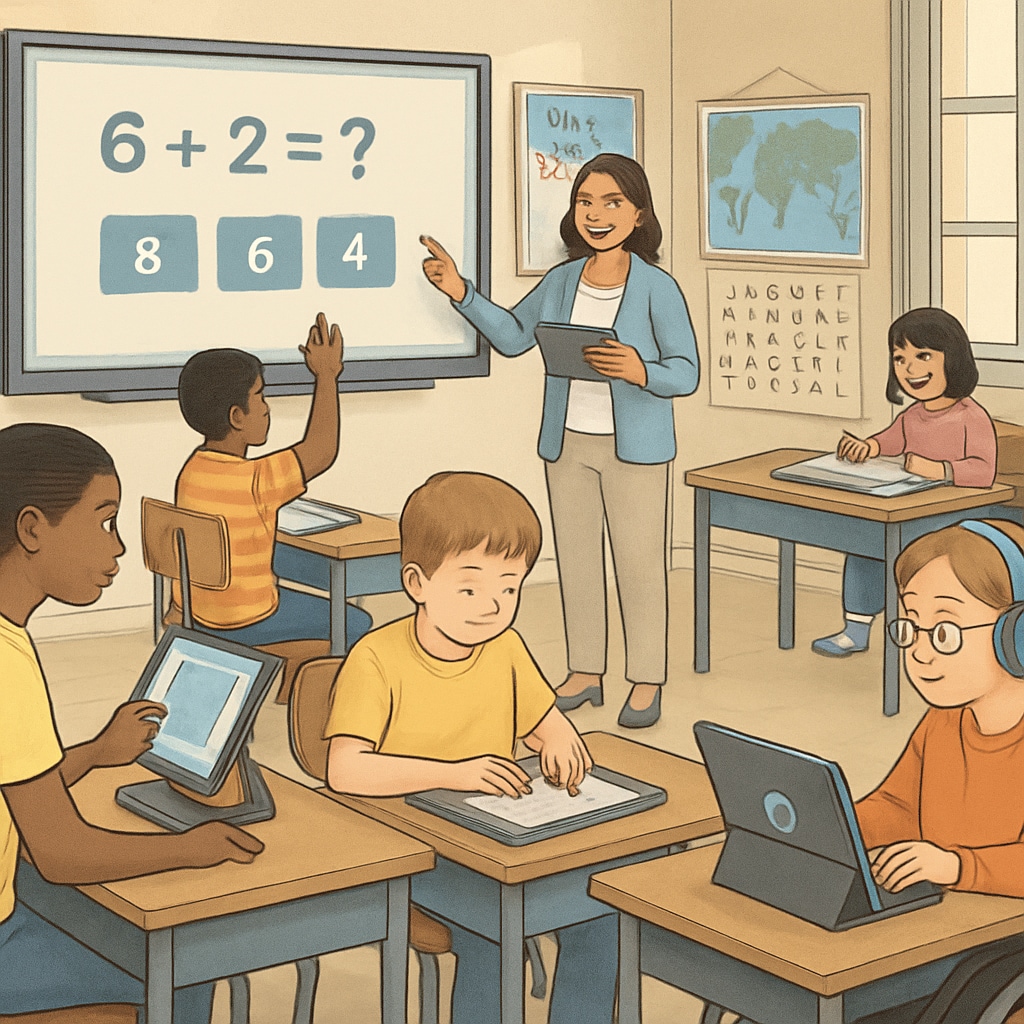When students with learning disabilities aspire to pursue medical dreams, they often face systemic inequities in education. The journey to becoming a doctor is already demanding, but for these students, the challenges are compounded by rigid academic structures, standardized assessments, and a lack of tailored support. This article examines the barriers within the education system and calls for inclusive solutions to ensure every student has a fair chance to realize their potential.

The Structural Challenges in Education
The education system heavily relies on standardized testing and traditional teaching methods, which often fail to account for diverse learning styles. For students with learning disabilities, such as dyslexia or ADHD (Attention Deficit Hyperactivity Disorder), these methods can act as roadblocks instead of pathways. For example, medical school entrance exams require strong performance in subjects like biology and chemistry, which often demand exceptional memorization and comprehension skills—areas where learning-disabled students might struggle.
Studies published by NCBI show that individuals with learning disabilities possess unique strengths, such as problem-solving and creativity. However, these qualities are rarely emphasized in conventional academic settings. As a result, many talented students are unfairly filtered out of competitive fields like medicine.
Inclusive Education: A Necessary Reform
Inclusion isn’t just a buzzword; it’s the foundation for equity in education. To truly support students with learning disabilities, schools and universities must implement adaptive technologies, personalized learning plans, and alternative assessment methods. For example, allowing extended time during exams or offering oral assessments can make a significant difference.
Organizations like CAST advocate for Universal Design for Learning (UDL), which promotes flexible learning environments tailored to individual needs. By adopting such frameworks, educational institutions can empower students with diverse abilities to thrive academically.

The Role of Mentorship and Support Systems
Mentorship plays a pivotal role in helping students navigate their academic and professional challenges. A mentor who understands the unique struggles of a learning-disabled student can provide guidance, encouragement, and resources. Furthermore, universities should establish dedicated support centers to offer counseling, skill-building workshops, and accommodations for students pursuing demanding careers like medicine.
For instance, some medical schools in the United States have begun piloting programs that focus on supporting students with disabilities. These initiatives demonstrate that with the right system in place, even traditional fields like medicine can embrace diversity and break stereotypes about what “success” looks like.
Can the System Truly Evolve?
The education system must recognize that learning disabilities are not a limitation but a difference in how students process information. By fostering inclusive practices, we can pave the way for future doctors, scientists, and innovators who bring unique perspectives to their fields.
As society continues to advocate for equality, the question remains: is our education system ready to evolve? The answer lies in our willingness to challenge outdated norms and embrace change. After all, every student deserves an equal opportunity to pursue their dreams, regardless of the obstacles they face.
Readability guidance: This article uses short paragraphs, lists key solutions, and incorporates external links to promote accessibility. Transitions ensure smooth flow, while examples highlight actionable reforms.


